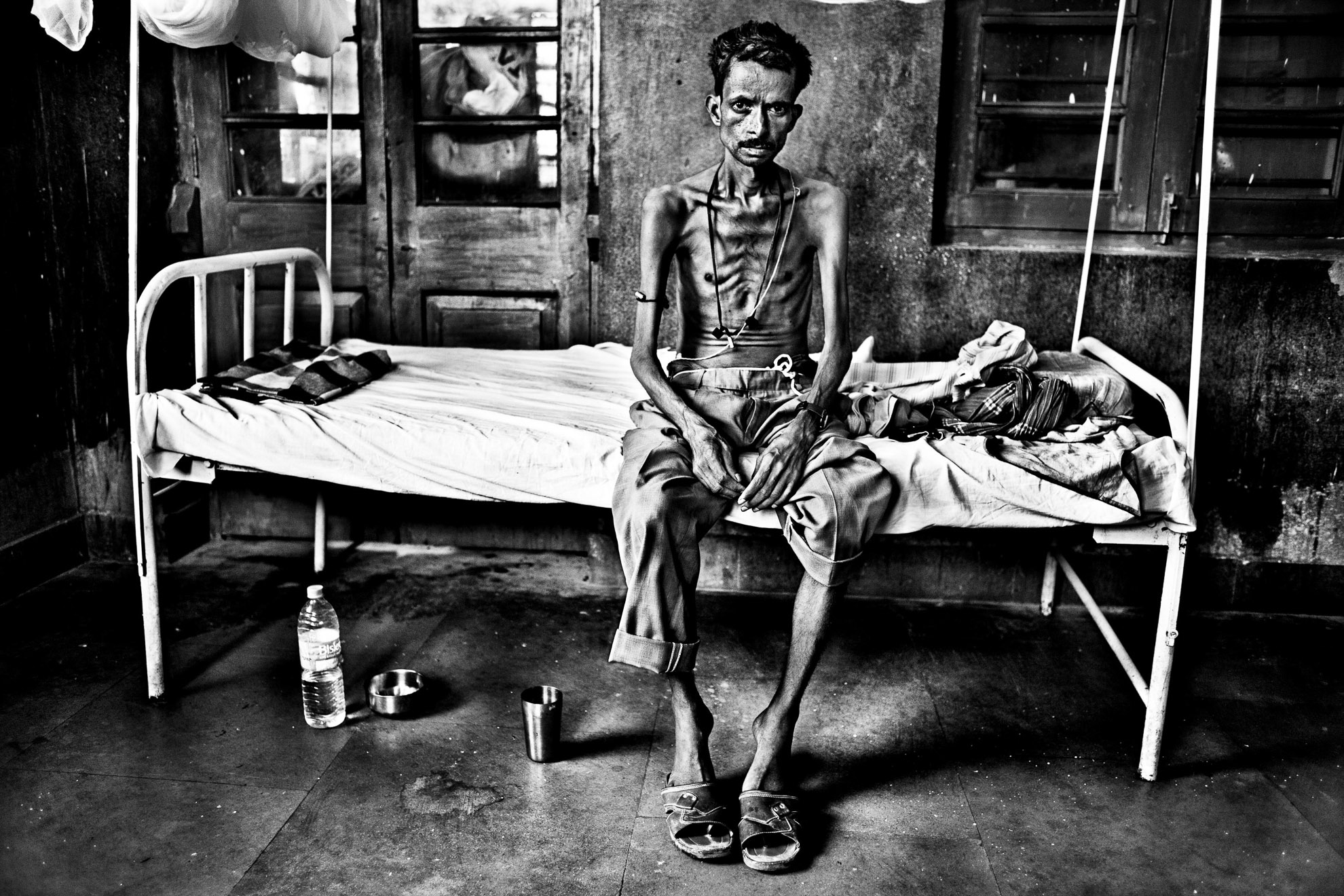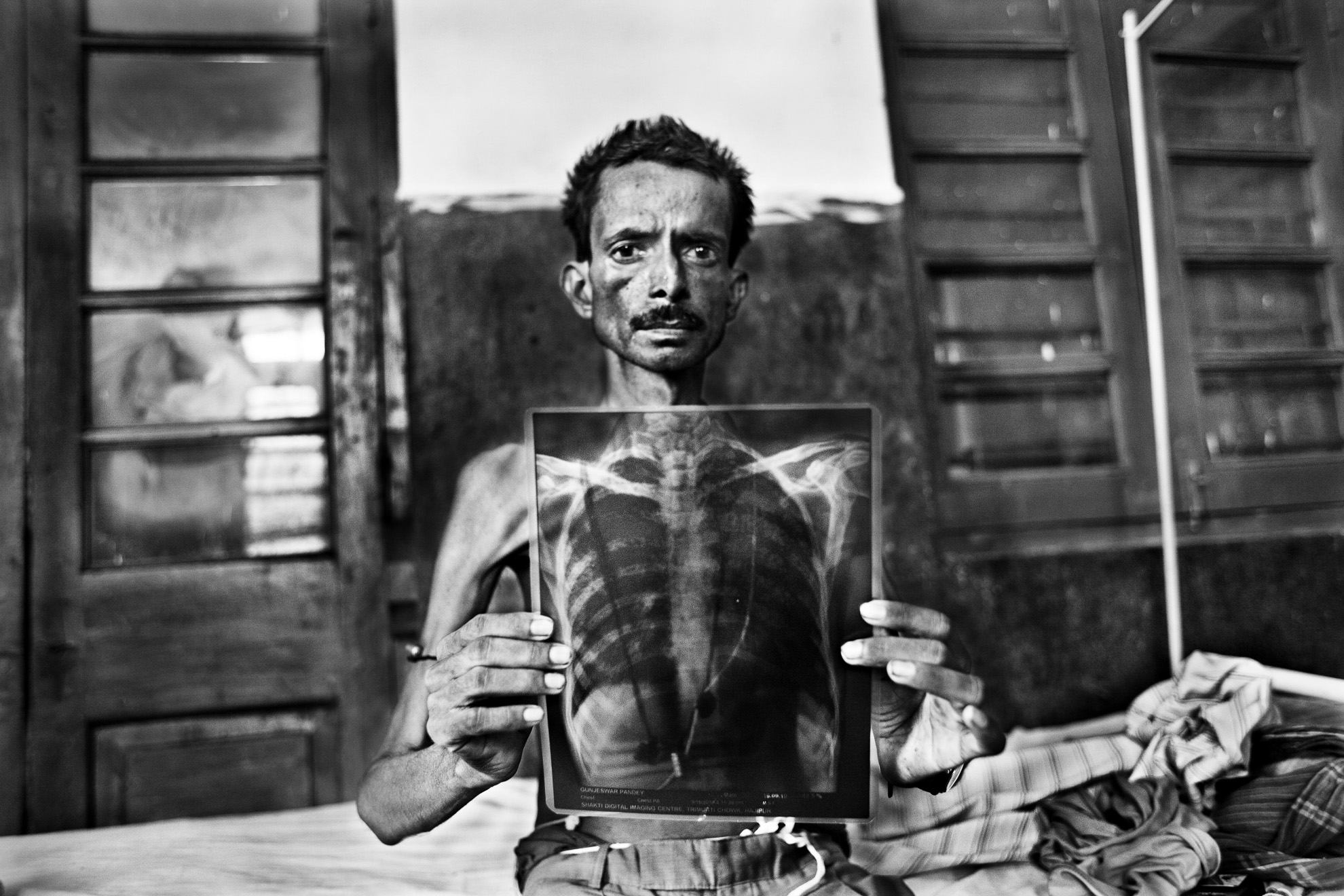Presentation
Leishmaniasis is a tropical parasitic disease caused by a variety of Leishmania that is transmitted by the bite of a certain type of sand fly. Visceral leishmaniasis, its most serious form, is also known as kala azar (black fever in Hindi).
When a person becomes infected, his or her immune system is weakened and more vulnerable to other infections. Symptoms include anemia, weight loss, an enlarged spleen and lymphatic ganglia, and prolonged fever.
Currently, one of the most usual treatments is .sodium stibogluconate (SSG), which requires a long course of treatment and is relatively toxic. However, more and more resistance to this medication is being found, particularly in India where 65% of the cases occur.
The most effective treatment is currently Liposomal amphotericin B, known by the brand name AmBisome. While this drug is highly effective, with low recurrence rates, is much less toxic, and requires a much shorter course of treatment than the drugs normally used, it is costly: roughly 300 euros per patient.
Kala azar remains a forgotten disease when it comes to research and development of new treatments. Affordable, easy to use drugs are needed as well as rapid diagnostic testing in specific areas. The prices of the most effective drugs must be reduced.
Biography
Photographer and documentary filmmaker. His professional activity has been related to the cinematographic world for more than 20 years.
Operator, cinematographer or assistant cameraman in spots, video clips, television series, films or national and international documentaries, such as Norma Foster by David Trueba; The way of Javier Fesser; The Devil's Backbone by Guillermo del Toro; Lázaro de Tormes by Fernando Fernán Gómez; Ridley Scott's The Kingdom of Heaven; Nobody knows Nobody by Mateo Gil or Entre Lobos by Gerardo Olivares.
Co-founder of AnHua with the aim of disseminating forgotten conflicts and documenting social, historical, and contemporary changes.





